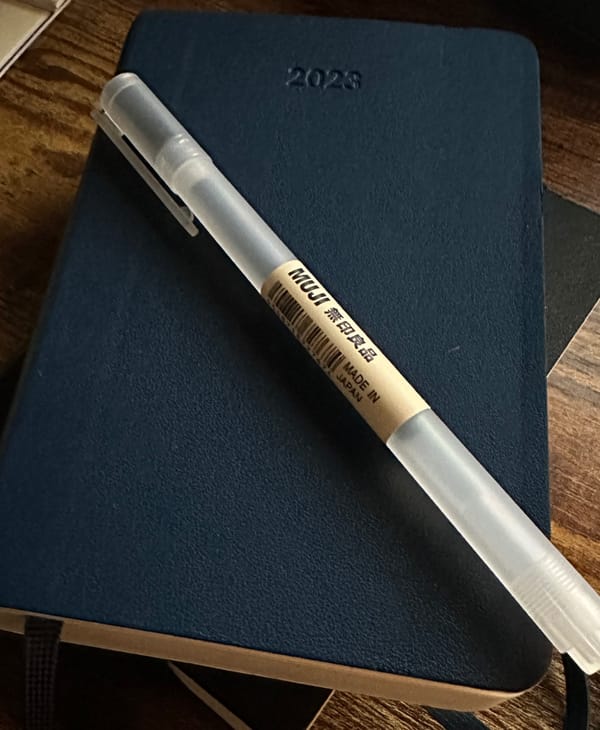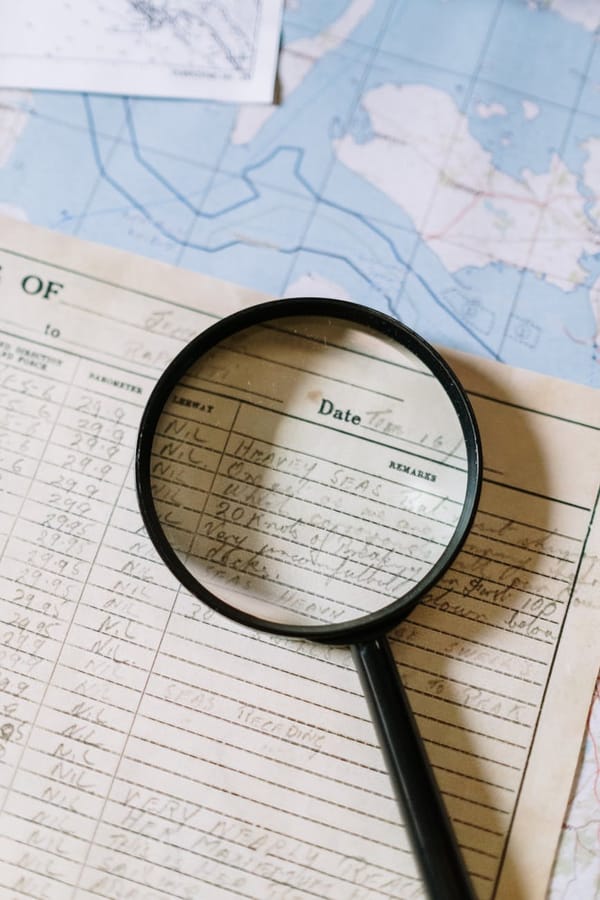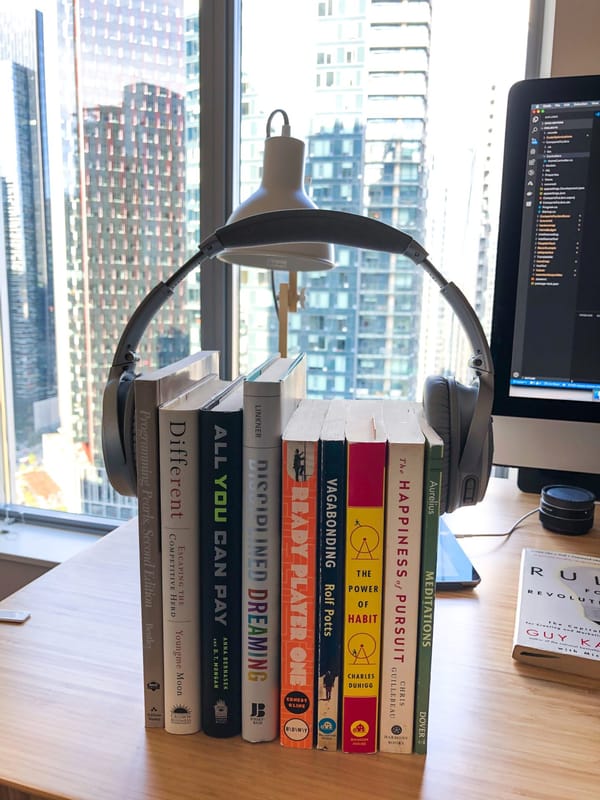
blogging
The Logbook - part 3.
I wrote a brief post about starting a logbook in January 2021 and then an update on April 2021. This is the latest update about my use of the logbook, the tools I use for it, and how I plan to use it this year. The logbook is a mini

